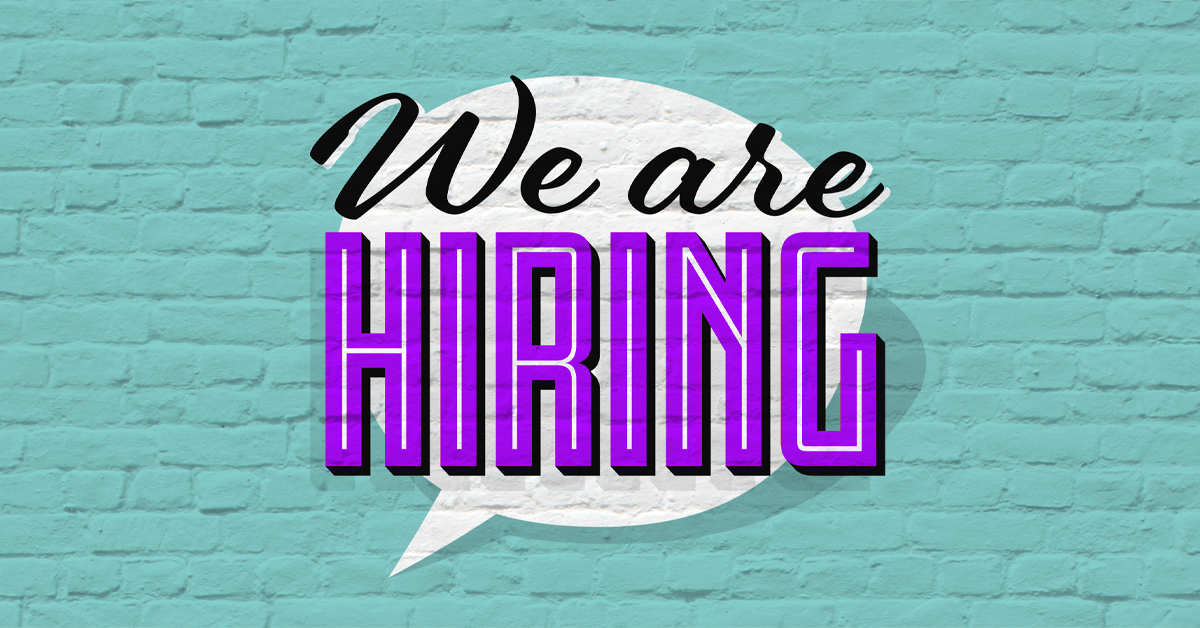We recently surveyed around 200 HR professionals to find out about their experiences of being recruited. We wanted to know whether we put our money where our mouth is and role model great practice or is it more of a question of ‘cobblers’ children wearing the worst shoes’?!
Sadly, nearly two thirds of you complained about your experiences of looking for a new role in HR. There is still some really basic stuff that we can do better, such as, dumping cumbersome application forms or even just acknowledging receipt of their CV and providing feedback. But there are also some changes in tactics we could adopt to make sure we’re getting the best HR talent out there.
Can we widen the pool of talent by dropping some requirements? Many of you suggested that we are limiting our pool of HR talent by being too prescriptive around experiences or accreditations. Do we need to specify the industry background? Do we need to have that level of professional qualification? We see HR teams benefiting from talent who come from another sector, who have great experiences, but who may not have done the formal qualification, and who bring experience from roles outside of HR. For example, we’re seeing an influx of ex-marketeers into HR. They often bring fantastic insights to an HR team who want to progress on say, Employee Experience or user-centred design.

Specify the outcomes you want, not the tasks. When you’re pulling together the job spec, try and focus on the outcomes you want this person to deliver – not a long list of tasks. By clarifying what you want the person to achieve, you open up the role to people with different ideas about how they might deliver these ambitions. So, for example, an outcome might be ‘design and implement HR products that improve team performance’ rather than ‘implement a new appraisal system’ or ‘increase the pipeline of talent available to hiring managers’ rather than ‘manage the talent review process’.
Don’t ask about people processes, ask about people. As an HRD I would typically ask interviewees about their experience of implementing people processes. I would ask about the L&D programmes they’d run, their diversity and inclusion initiatives, their approach to onboarding and so on. But rarely would I ask them about actual human beings! Isn’t this part of the problem we face in HR? We have become so good at so-called best practice people processes – but we’ve lost our position as the human experts? If I had my time in HR again, I would ask prospective hires about how they had influenced behaviour, how they helped change habits, or encouraged new ways of thinking. And I would be really wary if the responses were neatly packaged in a process or initiative. We know this stuff is difficult and messy. I’d be looking for the person who acknowledged how hard it is and who came up with a range of small measures – like conversations or nudges, based on a genuine insight into the people they had worked with. We may not be looking for psychologists, but we do need more human insight and less packaged process.

Make sure they’re tech savvy. At least some of the interview should include a discussion on how digitally-literate they are. We need people in our teams who are:
- familiar with a range of platforms (to build and host HR products),
- who are comfortable with building and using employee data and insight and
- who understand how to use social media to build brand awareness (for our EVP) and social networks (to build talent communities)
If we’re not sure about the questions to ask, then we should invite one of our digital colleagues from the wider organisation to help. We still meet HR professionals whose only interaction with digital is dabbling on Facebook. We have to strengthen in this area. Let’s worry a bit less about 10 years of employee relations experience and more about their ability to take us digital.
Excite them with a bigger ambition. I was scrolling through the various job boards out there and I have to say, there wasn’t one HR vacancy that made me think – ‘Wow, I want to be part of that team!’ Do the words ‘strategic business partner’ have the impact they might have once had? Are we setting an exciting ambition for our future hires? Or does our vacancy sound like every other HR team’s? I don’t think we should worry too much about the titles, but I do think we should be elevating our ambitions and setting a different kind of expectation. For example, instead of telling them they’re ‘implementing people plans linked to the business strategy’, we could talk about their role as being to ‘create the conditions where our people can do their best work’. Wouldn’t that be a bit more compelling?
So, let’s increase our chances of finding the best talent for our HR team. Let’s drop some of the traditional requirements and focus on some new criteria such as digital literacy and human insights. Let’s widen our talent pool by inviting new ways of delivering our outcomes and let’s make sure we set an ambition for our team that feels confident and energising.
If you’re looking for practical support to help you do HR differently, why not check out the Disruptive HR Club by clicking here!
Join the Disruptive HR Club for free and enjoy a taste of our exclusive blogs, podcasts, videos, and live events
Recent Posts
Meet Nana…HR Disruptor and Club pro member!
We caught up with Nana Arkhurst, Director of People and Performance at Demica, a leading fintech, to find out how she is disrupting traditional HR practices.
The third evolution of HR
HR is now in its third evolution. We're moving on from being the nursemaid or process implementer. We're now focused on enabling people to do their best work.
Making time to invest in ourselves
If we are going to be equipped with the HR skills and mindsets we need for the future, then we have to make the time to invest in ourselves. This blog looks at what might be stopping us and how we can make it happen.